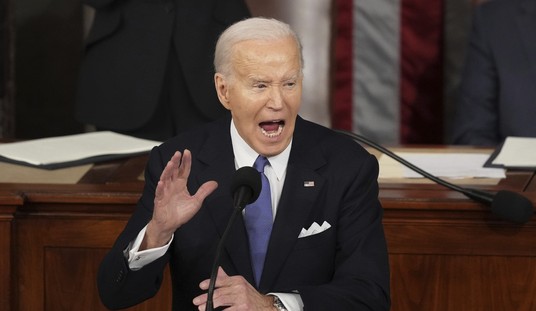Part of Carrier's problem is the congressional miracle created for the U.S. metal industry. Import restrictions placed on steel, copper tubing and aluminum extrusions benefit American producers of those products. Not having to worry about foreign steel, copper tubing and aluminum extrusions, American producers of those products can charge higher prices and maintain higher employment. The real cost of import restrictions is the harm they do to steel-, copper- and aluminum-using manufacturers. Companies can escape some of those U.S. government-imposed costs simply by moving across the border.
There are other government-imposed costs that can be avoided through relocation. The U.S. corporate income tax is the highest in the world. Slashing the U.S. corporate income tax would reduce incentives to relocate. While we're at it, there should be an elimination of the taxation of foreign earnings when they are repatriated into the U.S. Finally, we should apply reasoning to the onerous regulations emerging from unelected bureaucracies such as the Environmental Protection Agency.
If you're looking for a good example of the effect of a nearly completed congressional miracle, it would be the U.S. candy manufacturing industry. American Sugar Alliance spends millions of dollars lobbying Congress to impose restrictions on foreign sugar, in the form of tariffs and quotas. That means the American sugar producers can charge higher prices, create more jobs and have higher profits. But that's just stage one of the effect of the congressionally created miracle.
Recommended
Chicago used to be America's candy capital. Today it's a mere shadow of its former self. Brach's used to employ about 2,300 Americans; now most of its jobs are in Mexico. Ferrara Candy Co. has also moved much of its production to Mexico. Wages are indeed lower in Mexico, but wages are not the only factor in candy manufacturers' flight from America. Life Savers, which manufactured in America for 90 years, moved to Canada, where wages are comparable to ours. By moving to Canada, Life Savers became more competitive because it saved itself a whopping $10 million a year in sugar costs.
Family-owned Bobs Candies Inc., which makes candy canes, moved half of its manufacturing to Mexico. Regarding the 250 jobs left in Albany, Georgia, after the company was sold to Farley's & Sathers Candy Co., which is now Ferrara, CEO Greg McCormack said, "No one cared if (the candy canes) were made in the USA. They just cared if they were cheaper." He pointed out that he didn't want to lay off workers, "but it was the medicine you had to take to stay in business." Sugar is the primary ingredient in candy. Some candy manufacturers use 2.5 million pounds a week.
What about jobs saved through sugar import restrictions? According to a 2006 study by the U.S. Department of Commerce, for each "sugar growing and harvesting job saved through high U.S. sugar prices, nearly three confectionery manufacturing jobs are lost." Trade barriers do not increase employment; they just shift the composition of jobs away from competitive industries and toward those favored by the government.
Some Americans support trade restrictions because they think there is a problem with having a trade deficit, i.e., buying more from foreigners than they buy from us. Concern about a trade deficit is much ado about little. It turns out that we've had a trade deficit in all but 12 years from 1900 to 2016. In fact, our longest sustained trade surplus was during the Great Depression.

























Join the conversation as a VIP Member